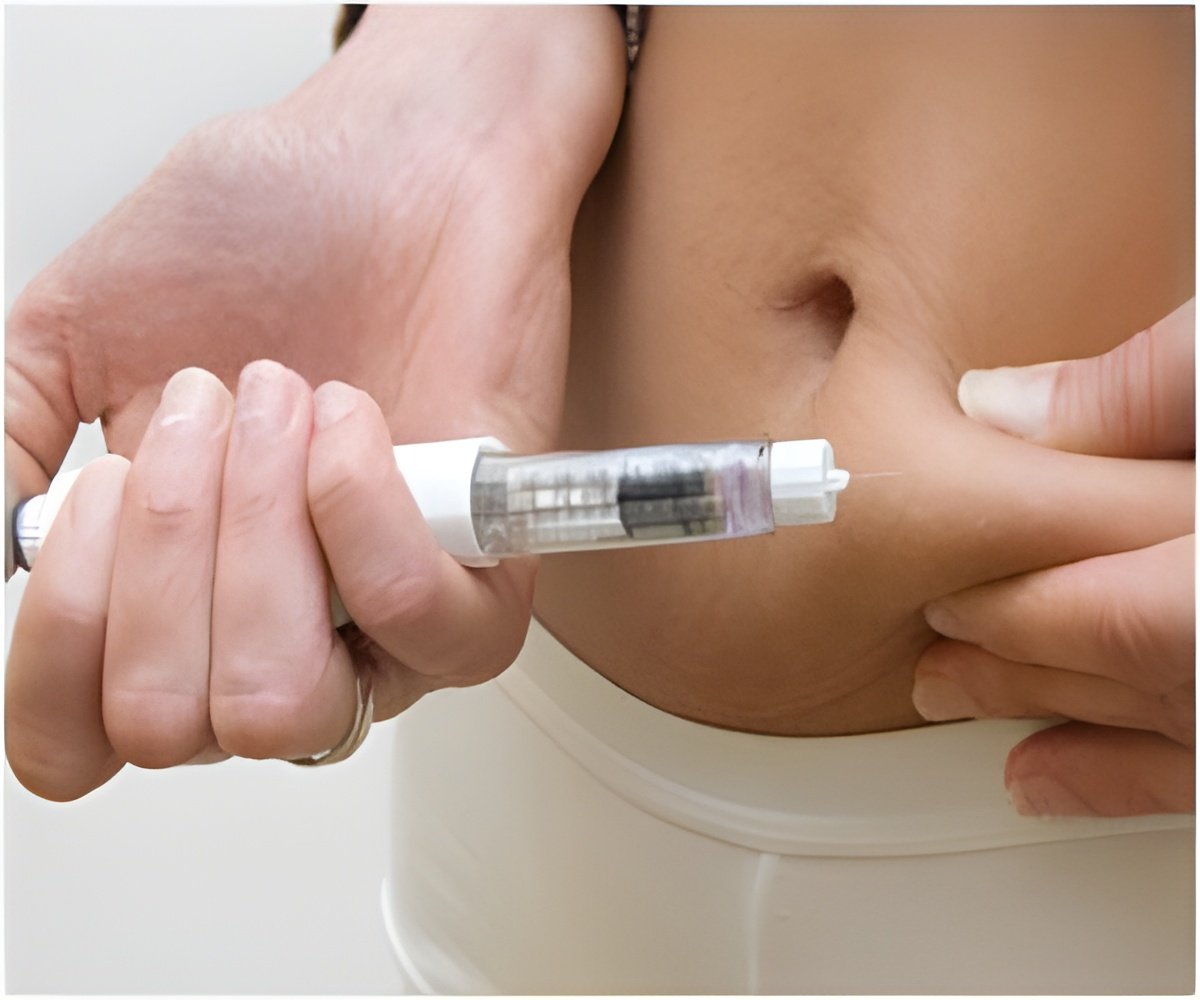A peptide known as caerulein can convert existing pancreatic cells to cells destroyed in type 1 diabetes insulin producing cells, a new study has found

The study first examined how mice in which almost all beta cells were destroyed — similar to humans with type 1 diabetes — responded to injections of caerulein. In those mice, but not in normal mice, they found that caerulein caused existing alpha cells in the pancreas to differentiate into insulin - producing beta cells. Alpha cells and beta cells are both endocrine cells meaning they synthesize and secret hormones — and they exist right next to one another in the pancreas in structures called islets. However, alpha cells do not normally become beta cells.
The research team then examined human pancreatic tissue from type 1 diabetics, finding strong evidence that the same process induced by caerulein also occurred in the pancreases of those individuals. The process of alpha cells converting to beta cells does not appear to have any age limitations — it occurred in young and old individuals — including some that had type 1 diabetes for decades.
"When caerulein is administered to humans it can cause pancreatitis. So our next step is to find out which molecule(s) caerulein is targeting on alpha cells that triggers their transformation into beta cells. We need to know this to develop a more specific drug," said Levine.
Caerulein is a peptide originally discovered in the skin of Australian Blue Mountains tree frogs. It stimulates gastric, biliary, and pancreatic secretions, and has been used in humans as a diagnostic tool in pancreatic diseases.
"In addition to creating new beta cells, another issue that needs to be addressed to achieve a cure for type 1 diabetes is that any new beta cells will be attacked by the autoimmune response present in every patient with type 1 diabetes. We are currently working with Linda Bradley, Ph.D., professor in the Immunity and Pathogenesis Program, and co - author of the study, to couple our approach with an approach to reining in the autoimmune response," added Levine.
Source-Eurekalert
 MEDINDIA
MEDINDIA


 Email
Email










